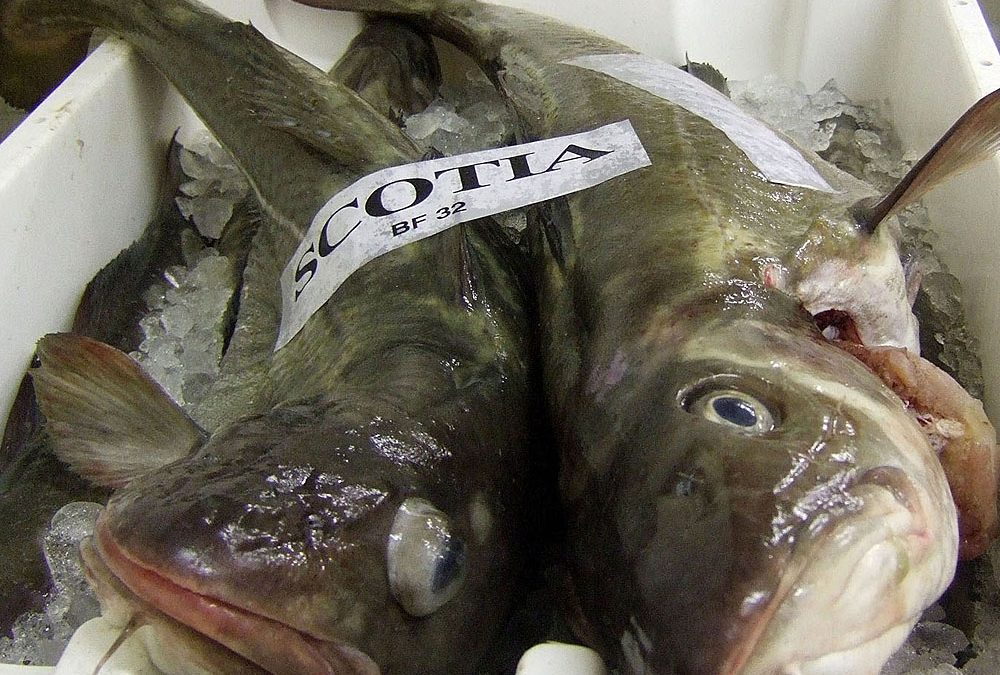SFF chief executive Elspeth Macdonald said: “We are pleased that the UK and EU have reached agreement on fishing opportunities for 2023. Crucially, between this agreement and the one reached with Norway earlier this month, our negotiators have managed to mitigate the impact of ICES’s over-precautionary catch advice from ICES on monkfish that industry considers to be unjustified. Monkfish was Scotland’s most valuable demersal species in 2021, and a 30% reduction would have been hugely damaging for our whitefish fleet.
“Outcomes on other key demersal species for the Scottish fleet are positive and we also look forward in 2023 to a full review of the North Sea cod assessment through the ICES benchmark process, and to a future where fishermen’s knowledge and expertise can play a meaningful role in stock assessments and catch advice.
“In addition to the good outcomes from negotiations for next year, talks will continue into 2023 with North East Atlantic coastal states on longer term sharing arrangements for a number of our pelagic stocks, and the outcome of these talks will be very important for the longer term.
“It is still regrettable however that the UK doesn’t have the same relationship with the EU on fishing as any other independent coastal state has, and we remain constrained by the Brexit deal on fisheries that leaves us unable to control access to our waters.
“This has been a very busy spell for our negotiating teams from Scottish and UK governments, and we are grateful for their sustained efforts to secure good outcomes for the Scottish industry, and for taking industry’s views and knowledge into account in their negotiations.”
Reacting to the fisheries agreement reached between the UK and the EU for 2023, SFA executive officer Simon Collins said:
“Of all the fish stocks included in this complex deal, monkfish was by far the biggest challenge – with a proposed 30% quota cut to that valuable species.
“This made no sense to our members or the wider Scottish industry. Ministers agreed to prioritise monkfish, and – justified through scientific evidence provided by fishermen –negotiated a less extreme reduction. The impact on crews will also be mitigated further through international transfers and other management measures.”
“However, we should never have faced a 30% cut to monkfish quotas in the first place. That figure was based on uncertain stock assessment results disrupted by survey vessel breakdown and COVID-19. Our members are ready to assist with future government stock surveys to ensure sustainable and dependable results.”
“Fishermen have been vindicated over North Sea cod quotas, and are sure they will be vindicated again when scientific recommendations for monkfish catch up to reality. People should understand that no one has a greater interest in sustainable fishing than the fishermen and the communities whose futures depend upon it.”


Recent Comments